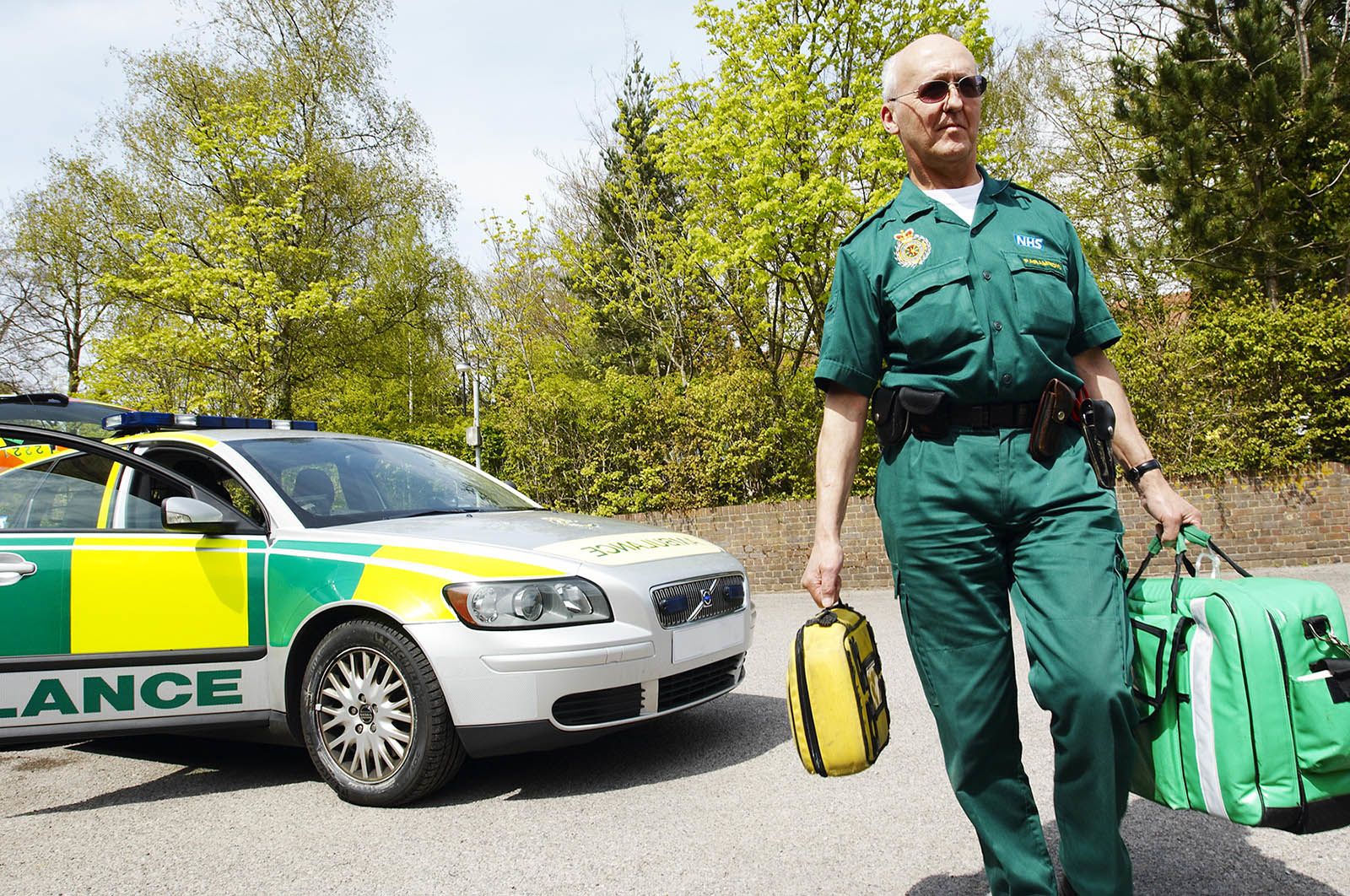Improving care and survival rates for people with spinal cancer

The Clatterbridge Cancer Centre in Liverpool provide a 7-day service for people with spinal cancer.
Through its model of best practice, which aligns with and informed our guidance, the centre has improved early detection rates, and increased the average survival rates of patients from 30 days to seven months.
Cancer that has spread to the spine is known as 'spinal metastases'. Without treatment, spinal metastases can press on the spinal cord, which is made up of nerves that carry messages between the brain and the rest of the body. This is called metastatic spinal cord compression (or MSCC). If it isn't treated quickly, MSCC can lead to serious disability, including permanent paralysis.
MSCC is rare, but very serious. About 3 to 5 in 100 people with cancer develop it. Any type of cancer can lead to spinal cord compression, but it is more common in people with breast cancer, lung cancer, prostate cancer, lymphoma or myeloma.
NICE guidance on MSCC, places emphasis on the importance of coordinated care pathways for MSCC.
It says each region should provide a coordinated service, with clear processes and referral pathways so that all people with suspected or confirmed spinal metastases or MSCC are referred to an MSCC service with an appropriate level of urgency.
In addition, it recommends that MSCC services should have a coordinator, who is the first point of contact for people referred to the service.
In 2017, The Clatterbridge Cancer Centre developed a coordinated service with a single coordinator, which is in line with recommendations from NICE.
This means the Centre can provide a single point of contact for the earlier diagnosis of MSCC. It offers consultant oncologist advice, and coordinated multi-professional diagnostic care and management.
Through providing a 7-day service, the centre has grown considerably, improving the quality of care it provides as a result and increasing the average survival rate of its patients.

How the service was developed
During its first 5 years of operation, the service identified areas of unmet need, gaps in service, and development opportunities.
This helped with the development of eight continuous improvement work streams, in addition to the core operational service.
These workstreams are:
- audit and data management
- education
- inclusion, engagement, and information
- personalised care and co-production
- pathways, processes, and digital
- rehabilitation
- research and development
- strategy
Standardising specialist care
The Centre has also ensured that care is consistent across the region. It has improved early detection and outcomes, reducing attendance in emergency departments and avoidable admissions.
It has done this through:
- Providing a red flag alert card to identify early warning signs for patients with common cancers, such as prostate cancer, who are at higher risk of developing MSCC.
- Providing patient information and an alert card with details of routes of escalation and a 24-hour hotline number to patients who have had MSCC in case they develop late symptoms.
- Providing 24-hour specialist and safety netting.
- Offering advice to health professionals across the network to ensure the appropriate diagnostic tests are ordered.
- Speeding up diagnostic imaging, when needed.
- Triaging patients to appropriate clinical assessment— for example, via same day emergency care, or urgent community response teams.
Patients benefit from the advice and expertise of the specialist metastatic spinal team, reducing pressure at critical points in the system. This has meant patients can avoid long, unnecessary waits and receive care closer to home.

Outcomes
The service has a central, single regional point of contact, which provides a rich data set that is collected, maintained, and reported in real time. This is further developed by business intelligence and clinical effectiveness teams.
Data collected through the service so far shows:
- The MSCC service has reduced delays, shortened inpatient stays and improved patient experience and quality of care.
- There has been a significant increase in average survival from 30 days at baseline to 7 months in 2021.
- The number of referrals and the complexity of patients managed has grown significantly since the service began. There were 178 referrals in the first 6 months, which rose to nearly 1200 by 2022.
- Around 40% of people referred into the pathway have a suspected spinal urgency rather than an emergency.
- Earlier detection and intervention improves survival and functional outcomes.
- Better planned care has reduced the burden on emergency services and had an important positive economic impact.
Find out more
The Clatterbridge Cancer Centre
All of NICE's products on metastatic spinal cord compression
NICE's guideline on spinal metastases and metastatic spinal cord compression




